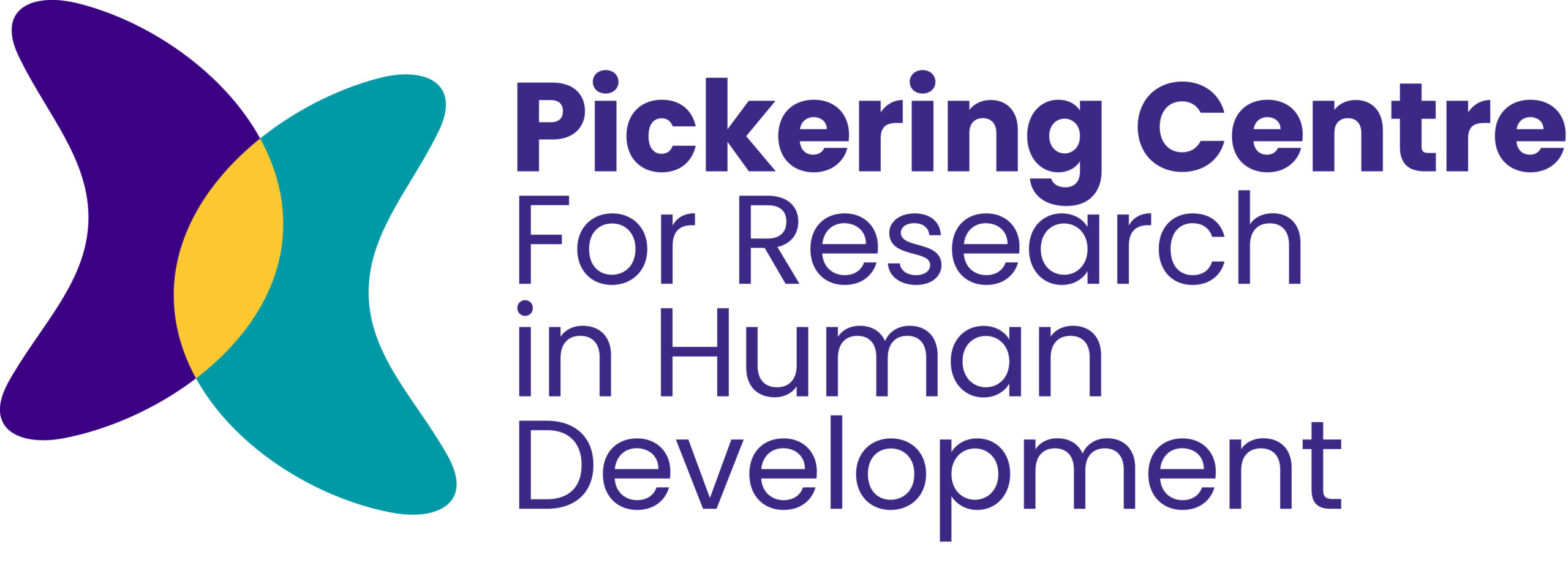Direct and naturalistic observation has a rich history in psychological research as a means of illuminating nuanced facets of social behavior. Gold standard observational methods characterize crucial, and often malleable, components and qualities of social relationships (e.g., caregiver-child, couples, families, and peers) and have demonstrated high predictive utility and sensitivity for characterization of individual differences in relationship processes and detection of change over time.
Observational paradigms are a methodologic bedrock across many fields of psychological study, including developmental, personality, social, couples and family, clinical, educational, and cultural. However, the time and cost involved in observational techniques often prohibit their use in large, population-based, longitudinal studies.
Nevertheless, the richness offered by direct observation has several benefits.
First, observational methods are an excellent tool for reducing bias and increasing equity in psychological science. Recent recognition of the biases in psychological research due to its grounding in a western (WEIRD) view of science is problematic for the field. This points to the imperative for researchers to address such biases authentically and deeply in this next stage of science. Towards this end, direct observation methods have significant added value. However, we must acknowledge that the choice of the coding scheme and the identity of the coder might be sources of bias. As such, we should consider best practices for how to prevent such risk.
Second, observational methods are amenable to tailoring. For example, observational paradigms for direct assessment of social processes and behavior lend themselves well to refinement via human-centered design methods that incorporate diverse perspectives of “end users” into methodologic adaptation. Finally, data gleaned from observational methods often inform interventions and therapeutic practices, and importantly, can be reanalyzed with new codes as knowledge develops.
